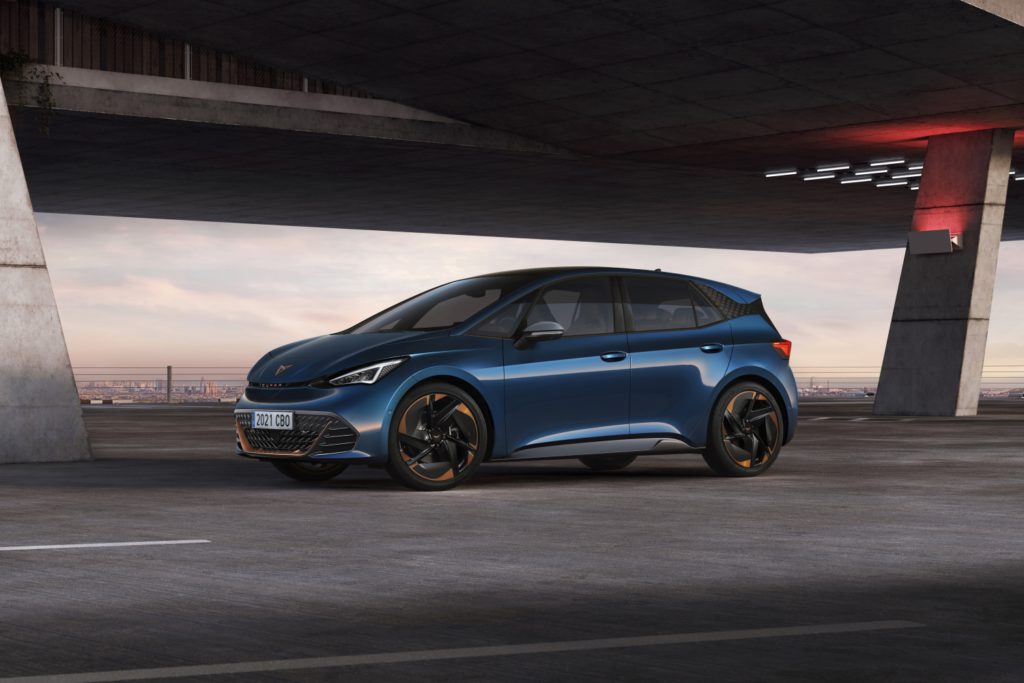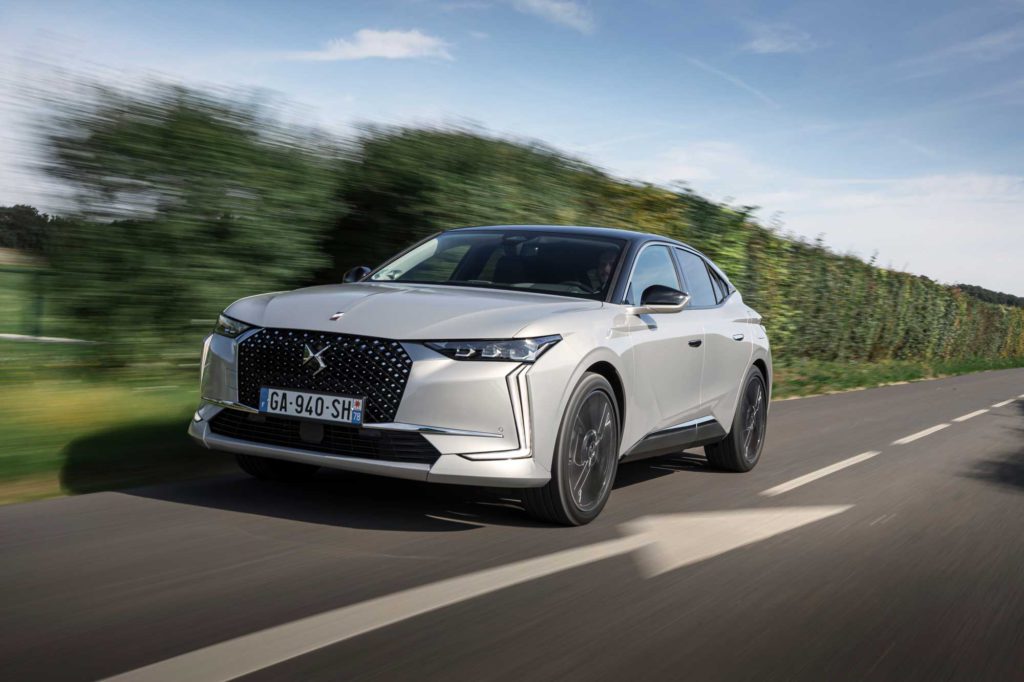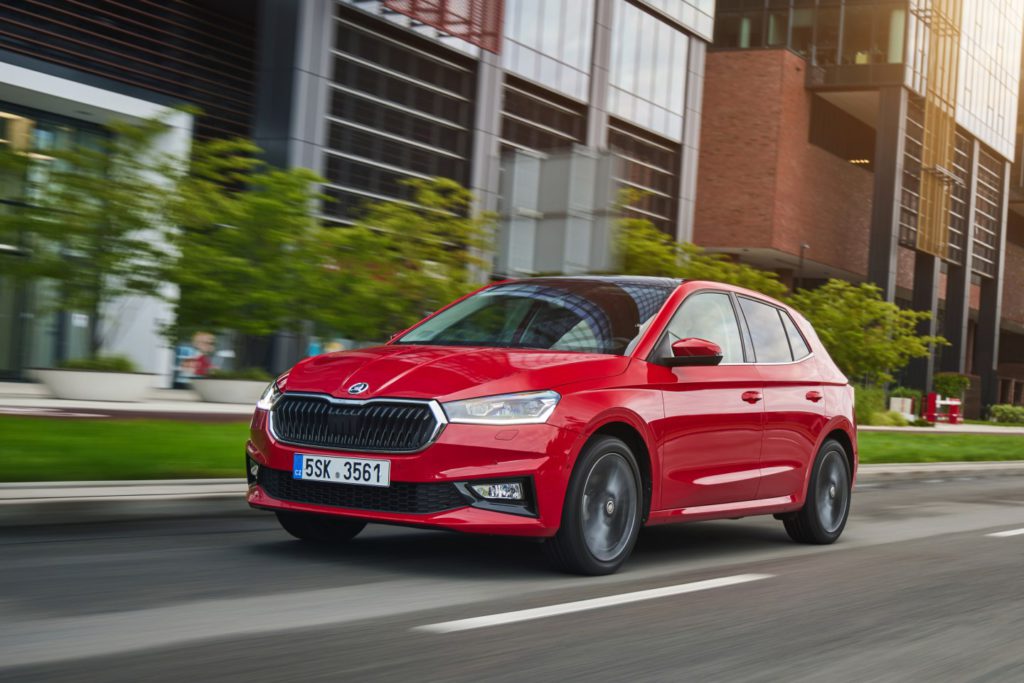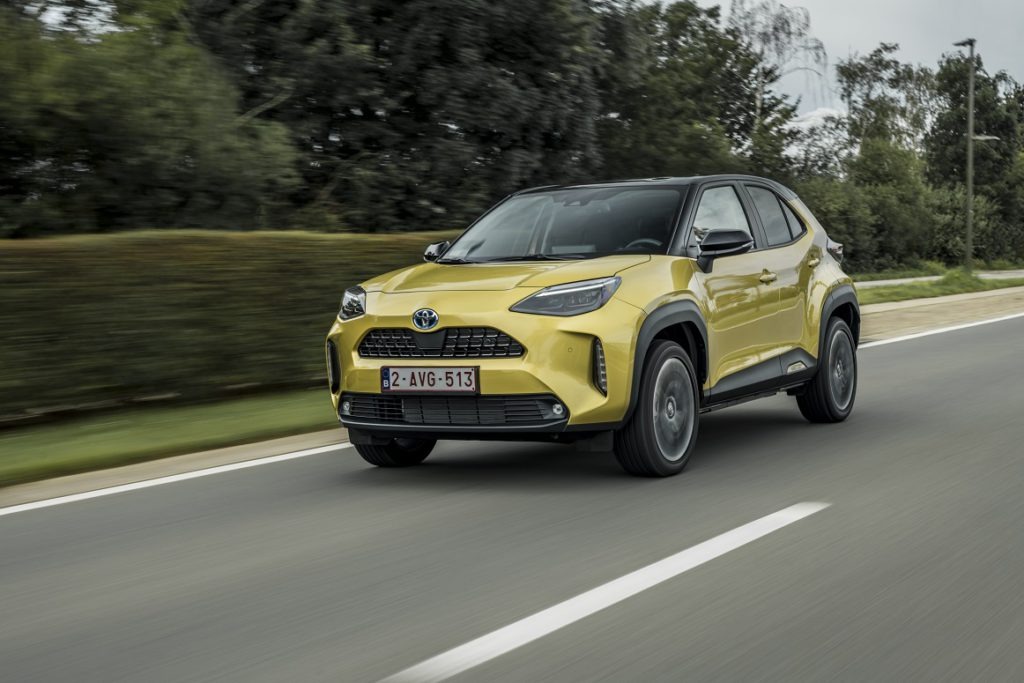Launch Report: BMW i4 challenges Tesla’s BEV supremacy in D-segment
28 January 2022
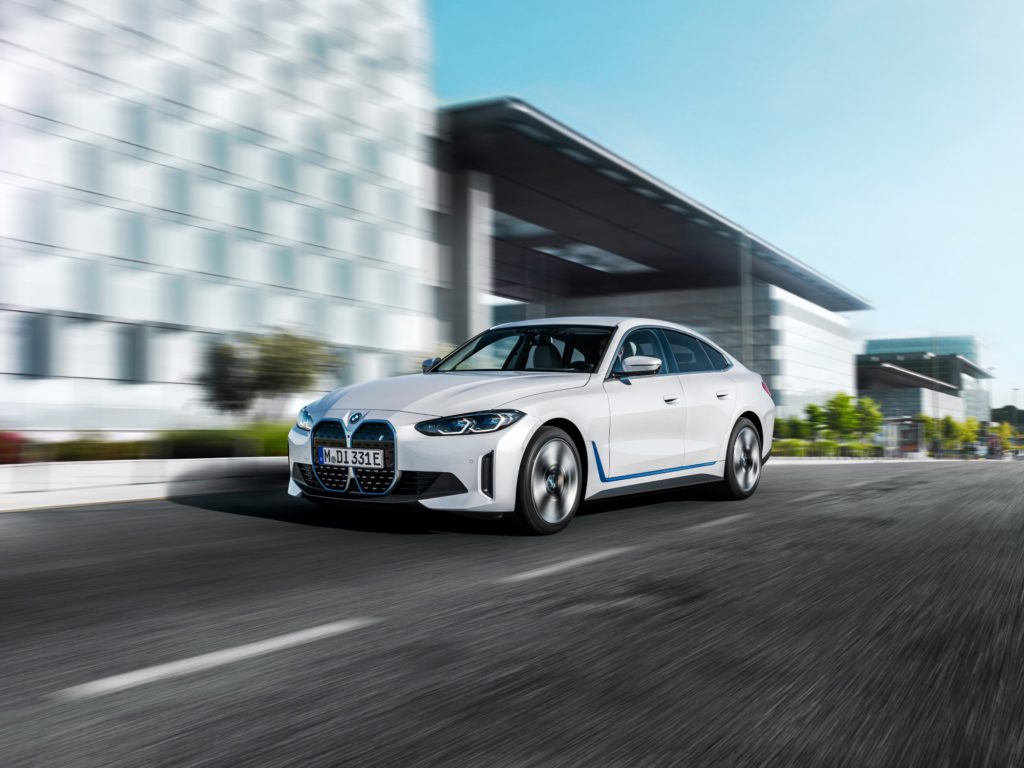
The new BMW i4 battery-electric vehicle (BEV) is based on the 4-Series Gran Coupé and positioned in the full-size D-segment. It boasts an appealing design that is close to internal-combustion engine (ICE) cars, especially with its sporty front grille, and impresses with superior driving dynamics, responsive performance, and acceleration.
With most BEVs in the D-segment being crossovers or SUVs, the i4 has very few close competitors. Although Tesla has set the benchmark in electromobility, BMW also has long-standing expertise in the field and a strong premium brand image. As the i4 scores with its BMW-typical sporty driving dynamics and quality, it could turn into a serious competitor for the US BEV manufacturer’s Model 3. There is also a sportier M version, the i4 M50, which will appeal to more demanding customers.
The interior is attractive, with clean straight lines, and a novel feature is the new curved infotainment system, which encompasses the 12.3-inch screen behind the steering wheel and the 14.9-inch central display. With a length of 4.78m, the i4 offers sufficient space, although the rear is narrower than in the Model 3. The large tailgate facilitates access to the boot, which has a capacity of 470 litres, rising to 1,290 with the rear seats down.
View the Autovista Group dashboard, which benchmarks the BMW i4 in Austria, France, Spain, and the UK for more details. The interactive launch report presents new prices, forecast RVs, and SWOT (strengths, weaknesses, opportunities, and threats) analysis.
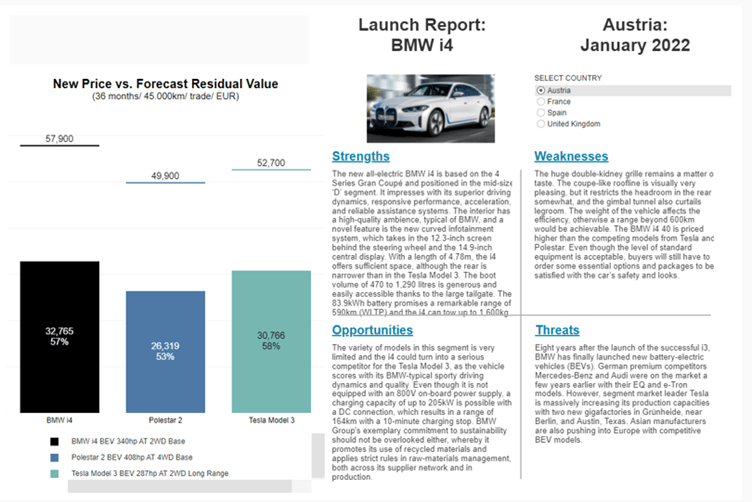
BMW is offering two batteries at launch, with power outputs of 340hp and 544hp. Range is a key purchasing factor in both new- and used-car markets, and the 83.9kWh battery in the eDrive 40 promises a remarkable range of 590km (WLTP), although this reduces to 510km in the more powerful M50 version. Even though it is not equipped with an 800V on-board power supply, a charging capacity of up to 205kW is possible with a DC connection. This results in a range of 164km following a 10-minute charging stop and the battery can be replenished from 10% capacity to 80% in about 30 minutes.
Although BMW has been active in electromobility for several years, it has only launched new BEVs such as the iX3, iX, and now the i4, eight years after the launch of the successful i3. German brands Audi, Mercedes-Benz, and Volkswagen have been more present in this respect in recent years, with their respective EQ, e-tron, and ID. models.
The i4 is not targeting a wide range of customers as it is dedicated to a niche market, but it faces additional competition from the Mercedes-Benz EQE, which is due to launch this year. Further rivals are expected in 2022 and 2023, such as the Hyundai Ioniq 6 and the Volkswagen ID.7.
Finally, the D-segment BEV market leader Tesla is massively increasing its production capacities with two new gigafactories in Grünheide, near Berlin, and Austin, Texas. Asian manufacturers are also pushing into Europe with competitive BEV models.
